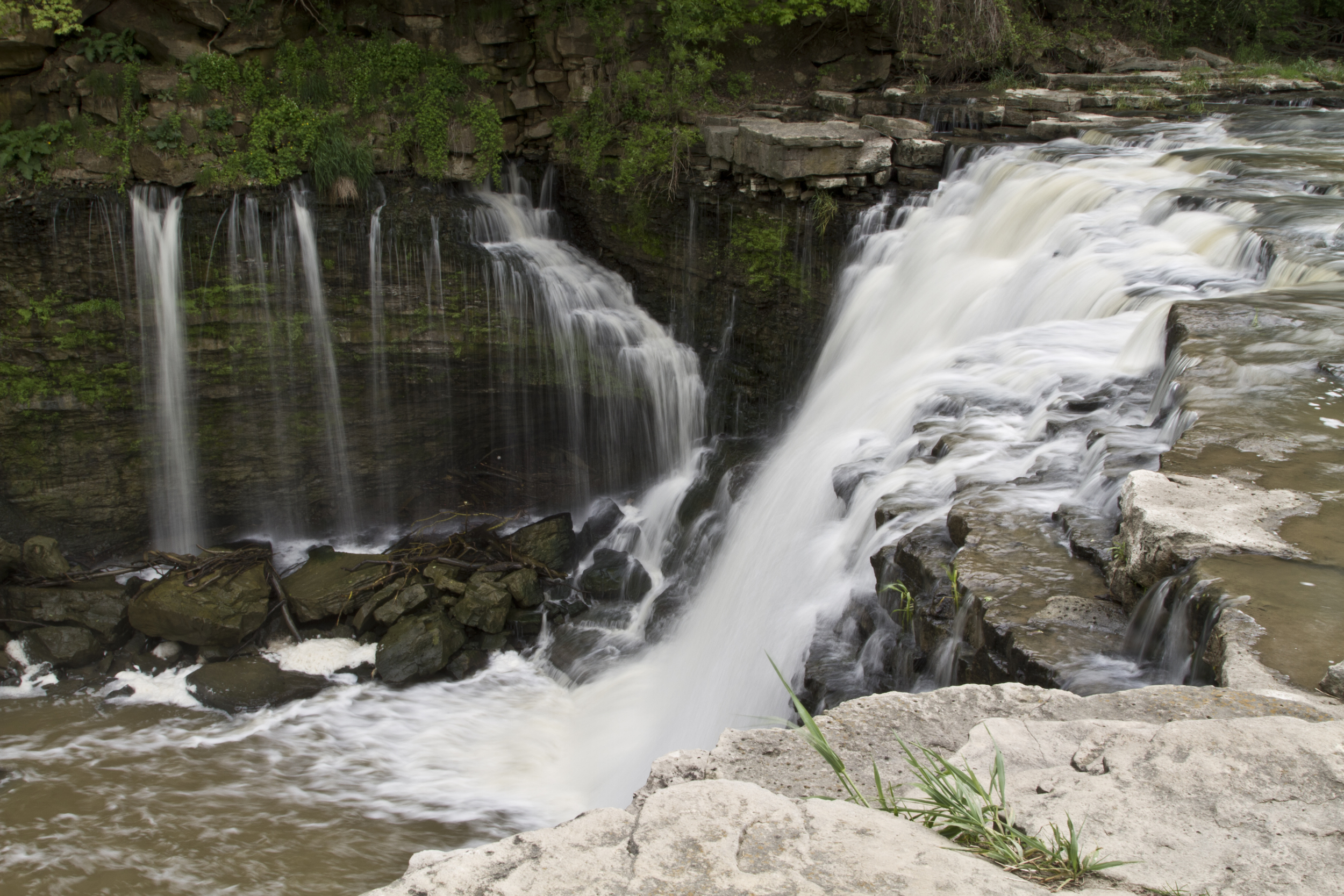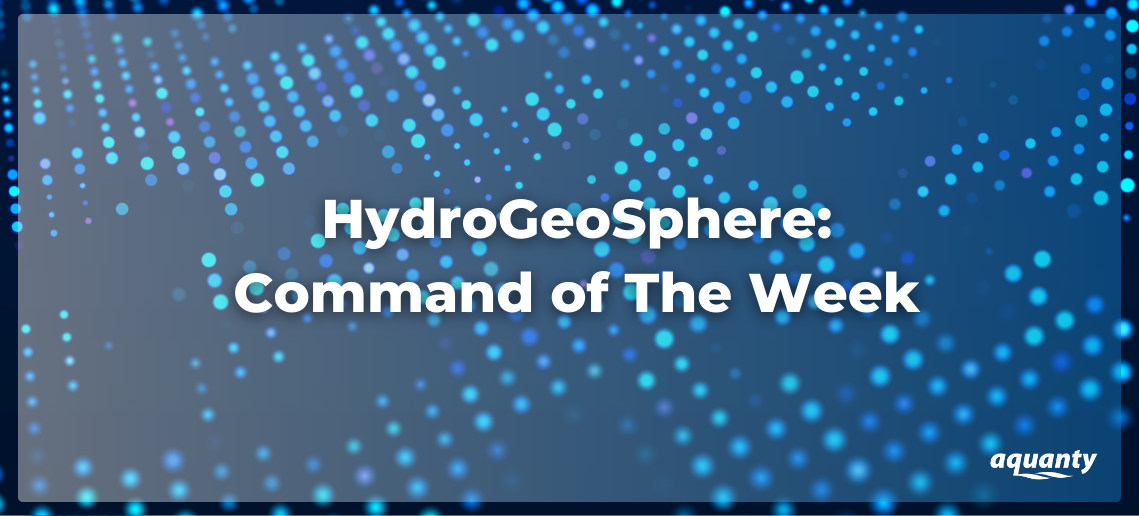

HGS RESEARCH HIGHLIGHT – A hybrid approach for integrated surface and subsurface hydrologic simulation of baseflow with Iterative Ensemble Smoother
This paper introduces the development of an integrated model for the South Québec region where low-flow processes are of primary concern. In this publication, HydroGeoSphere is used with a surface water mass balance module in order to reduce computational cost, enabling the use of mathematically rigorous, ensemble-based methods to support a calibration-constrained predictive uncertainty analysis.

Fluid Volume Concentration Threshold
This post describes how to use the fluid volume concentration threshold command, introduced in the January 2022 release (revision 2342), to calculate fluid volumes throughout the model domain that exceed or fall below a user-defined concentration threshold. Conceptually, we can think of this command as a way to separate water into two categories based on solute concentration—those above the threshold (contaminated water) and those below (uncontaminated water). This command is active when the concentration value reaches the specified threshold, removing the need for post-processing in external software like Tecplot.



HGS RESEARCH HIGHLIGHT – An adaptive zone-based refinement method for characterizing a highly complex aquifer system model
This new paper by Aquanty senior scientist Hyoun-Tae Hwang introduces an innovative new method to iteratively refine model meshes based on model sensitivity and uncertainty, as calculated by PEST. The paper presents an initial proof-of-concept for this new method, based on the K-COSEM test site located in Eumseong-gun, South Korea.


HGS RESEARCH HIGHLIGHT – Characterizing the effects of dry antecedent soil moisture conditions, channel transmission losses, and variable precipitation on peak flow scaling
While the historic flooding in British Columbia this month can obviously be attributed to extreme rainfall, it’s also believed that the extreme heat of the summer months made soils less permeable. This means that rain is more likely to run off the land rather than being absorbed, resulting in flash floods and landslides. In this case the diminished permeability can likely be attributed to soil ‘crusting’ (wildfires disperse waxy compounds which coat soil minerals and make the top layer of soil hydrophobic). But extremely dry conditions are also known to reduce the permeability of soils, even without the compounded effects of wildfires. A recent study by researchers at HDR Engineering, Berkshire Hathaway Specialty Insurance, Iowa State University and The University of Iowa investigates this very phenomenon.

Research for Industries (RFI) Lecture Series: Steven K. Frey
Aquanty, which is a research spin off from the University of Waterloo, is at the forefront of developing state-of-the-art fully-integrated hydrologic models to better understand and predict water resource behavior and availability under both near term weather, and long term climate change scenarios. Aquanty’s flagship software platform, HydroGeoSphere (HGS), is a state-of-the-art fully-integrated GW-SW simulator that can couple with both weather forecasts and future climate scenarios in order to derive predictive insight on water resources. As part of the continental scale Canada 1 Water (C1W) project, HGS models are being built for all of Canada.

